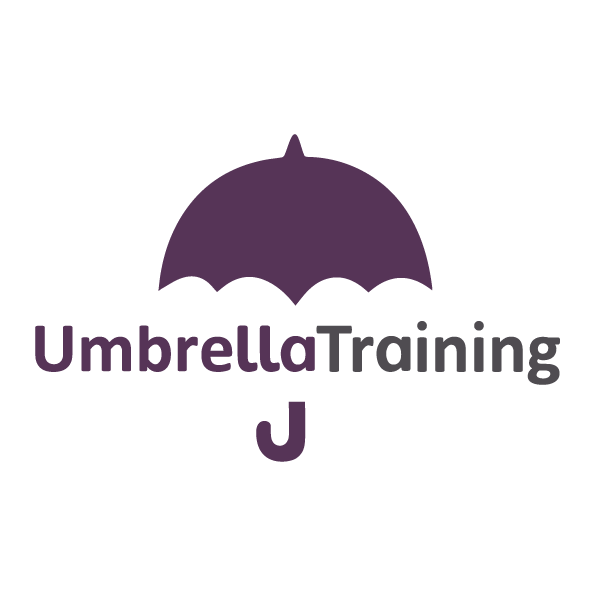Which, witch? English doesn’t have to be scary!
There are so many ways we read and use written and verbal communication in English every day. So it's important for all methods of communication to be clear, correct and to have the desired effect!
Let's look at homophones, what are they? These are words that sound alike but have different meanings and different spellings. These can be frustrating as a spell checker won't always pick up an incorrectly used homophone, so it is important to be aware of them and always check your work.
Let's look at a few examples:
"Please look here" – not hear
"I would like a dessert" - not a desert
"Please see to that guest" - not a guess
These words can be easy to get confused and the skill to identify them will only come with practice.
Luckily, Umbrella Training has a 'Functional Skills Academy' where (not were) we can support you if you are struggling with the English and maths part of your apprenticeship.
Functional Skills are a part of every apprenticeship and learning English will provide you with the necessary skills to be able to communicate, not only verbally, but also in writing.
Writing in English, with correct spelling, grammar and punctuation are essential skills for employment and life. A badly worded and incorrectly punctuated CV and cover letter to a potential employer will not give the best impression; inter-departmental communication within any business needs to be clear, logical and correct.
One misplaced comma, one misspelt word or incorrect use of a word can alter the entire meaning of any communication leading to many kinds of errors and ultimately adversely affecting the guest or customer experience.
Functional Skills in English not only sharpens speaking, listening and written communication skills but also supports the development of reading skills.
Again, this is something essential both in the workplace and in everyday life; being able to fully understand what is being communicated by the writer, being able to appreciate why a document has been written and what action needs to be taken as a consequence of the information given.
For more information on how we support Functional Skills, please contact your Learning Consultant.
Written by Kaye Sedgwick-Jone and Philip Black



